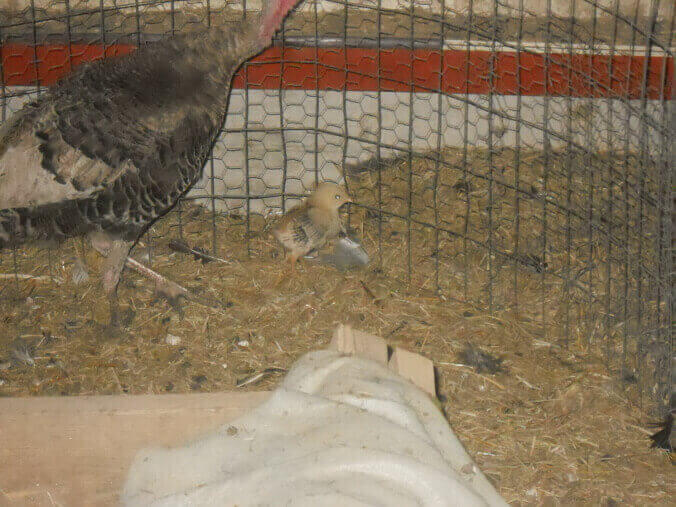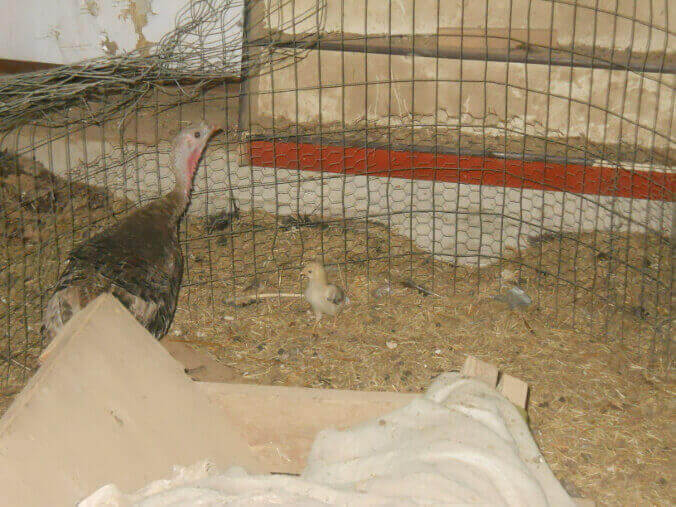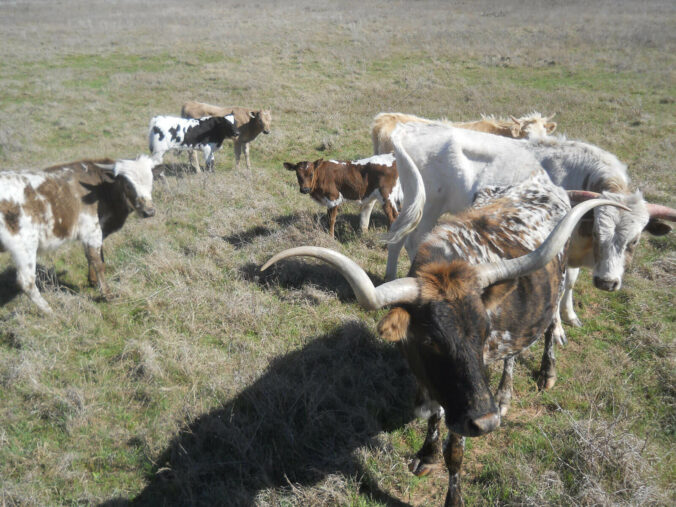With the extreme drought happening here, everything is very dry. And, around here, that often makes for severe fire potential.
Well, recently one got very, very close to our “backyard”, and it was a little unnerving to say the least.
Above, and these following, is what it looked like from a road about 1/4 mile (maybe a little more) behind the south end of our overall land area. It was pretty windy, which made things difficult. Apparently, 9 fire departments were called in:

And from our homestead:
And from the roof of our house that first night (the flames are not on the ridge directly behind us; it’s probably the next ridge back). So, you maybe see why we were a little concerned. It did slowly dwindle as the evening rolled on, and I sat on the roof until 2:25am, and by that time thankful the glow essentially could not be seen:

By the next day though, with more winds, the fire picked up again. And by the time we got back from Lord’s Day services, the forestry service had a helicopter working on it, one that could suck up water from ground-water tanks and dump it, and by later in the afternoon, multiple planes flying over dropping bright red, we believe, flame retardant.
Their goal was to keep it from jumping that back road I was on when I took the above pictures. I went back there again and asked one of the firefighters if he thought they could keep it from jumping the road, and he said it was iffy. For us, if it jumped the road, it was nothing but forest up the hill, over the ridge behind us, and then down the hill to the back of the land, where there are multiple homesteads.
They worked on it all afternoon, and were still working on it into the evening. Everyone here had already prepped for evacuation if necessary. With all that continued firefighting effort, I was pretty worried.
However, as I watched the smoke billows from the windy roof of our house through the evening, I spent some time with the Lord in His presence in prayer, not just asking for His mercies, especially for the homesteads in the back, which were most vulnerable, and working through making sure I was submitted to His complete will in this situation (especially if it was to be that everything burned down), but just spending it in His presence…just a time alone with Him, even with the winds howling at times and fire somewhat bearing down on us. It was a special time with Him, and one I pray I won’t forget.
As the evening continued, one of the volunteer firefighters from a nearby town who we know some was able to contact our county’s fire chief, and he indicated that they were able to get it settled down for the night, and that it apparently wasn’t going to advance at that point. And so, we didn’t have to evacuate.
The next day, the winds picked up again, but from then on, the crews were able to keep it from moving any further. While we continued to smell smoke, and I think I saw smoke flare up at one point, the Lord mercifully granted it essentially to come to an end. And we are not aware of any loss of human life, most thankfully.
Later that week, we drove by to see how close it got to the road, and you could see burned trees not far in from the road. And here’s a map showing just how close it got, the top of the fire (the red part) heading toward us. The road right above the top part of the red was the last road before it would have had a clear path of forest to us. I think part of the reason they were able to contain it was because the forested area actually narrowed down between two fields, which probably helped them isolate it:

Finally, here’s a video of some of the events, including a little more from that Lord’s day evening, and drop aircraft (please forgive the wind noise):
We thank the Lord for His mercies to the firefighters, to other folks, and to us. May we always be submitted to His will in all things.
— David













































